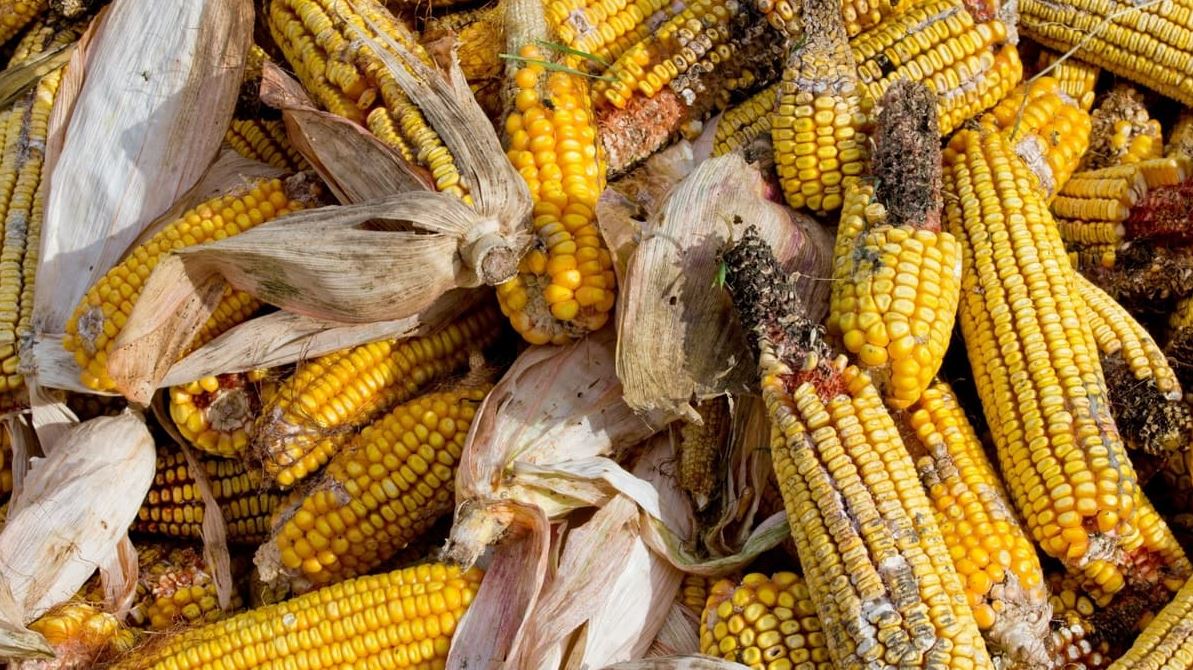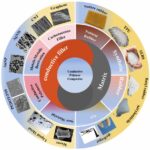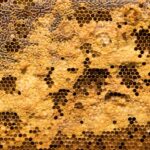 Washington State University has introduced an innovative method for turning corn stover – the stalks, husks, and leaves left over after harvest – into low-cost sugar that can serve as a key ingredient in biofuels. If you’ve ever wondered how to make the most of agricultural scraps, this new process offers a practical and efficient solution.
Washington State University has introduced an innovative method for turning corn stover – the stalks, husks, and leaves left over after harvest – into low-cost sugar that can serve as a key ingredient in biofuels. If you’ve ever wondered how to make the most of agricultural scraps, this new process offers a practical and efficient solution.
This fresh approach tackles the challenge of breaking down the complex cell structure of plants, which is rich in both cellulose and lignin. The team, led by Professor Bin Yang, uses a tailored chemical pretreatment with potassium hydroxide and ammonium sulfite at mild temperatures. This step softens the fibrous material, making it much easier for enzymes to convert it into sugar without the need for expensive chemical recovery systems.
Economically, the benefits are compelling. By capitalising on or selling the byproducts of the process, the final sugar could be produced for around 28 cents per pound, positioning it as a competitive alternative to imported sugar. This cost efficiency not only boosts the feasibility of biofuel production, but also provides farmers with quality fertiliser to help replenish soil nutrients.
The project is a collaborative effort that includes the National Renewable Energy Laboratory (NREL), the University of Connecticut, the USDA Forest Products Lab, and Washington University in St. Louis. With pilot-scale advancements already on the horizon, as noted by NREL’s Xiaowen Chen, this method promises to transform waste into a valuable resource that could significantly lower production costs and support a sustainable energy future.
If you’re looking for practical strides in renewable energy, this work demonstrates how a clever process improvement can turn everyday agricultural waste into a vital, affordable component for clean power.








